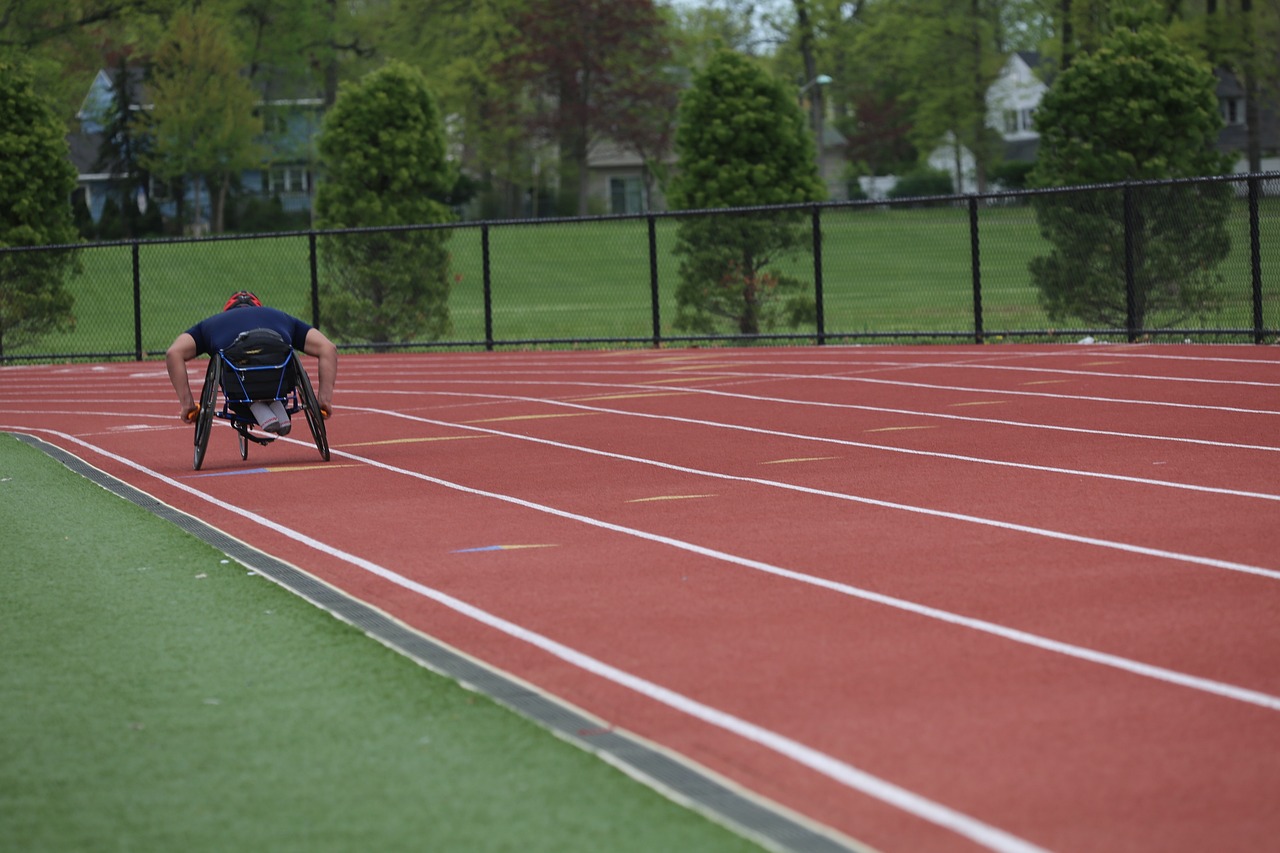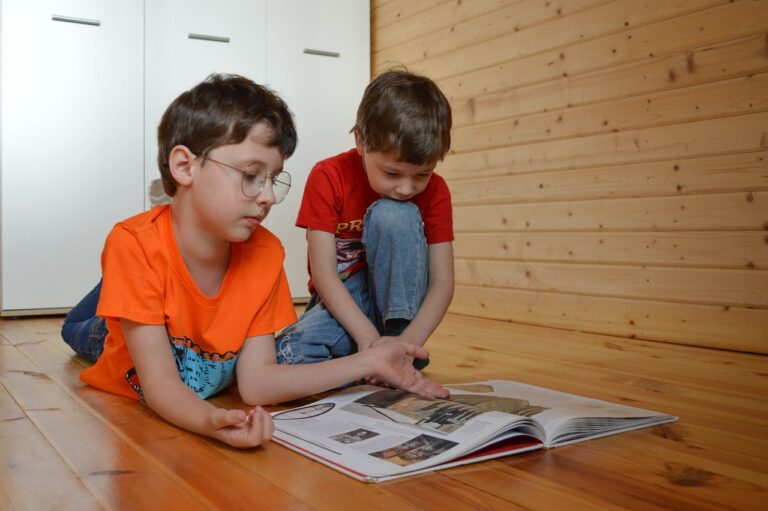Enhancing Civic Education: Preparing Informed Citizens
Civic education plays a crucial role in shaping informed and responsible citizens who actively participate in society. By educating individuals on their rights and duties within a democracy, civic education empowers people to engage in the decision-making processes that affect their lives. It fosters a deeper understanding of how the government operates and the impact of policies on the community.
Moreover, civic education promotes critical thinking skills essential for analyzing information, evaluating arguments, and making well-informed decisions. Through this educational process, individuals learn to question and challenge assumptions, discern facts from opinions, and consider diverse perspectives. Equipped with these skills, citizens are better prepared to navigate the complexities of a democratic society and contribute positively to its growth and development.
Understanding the Role of Citizens in a Democracy
Citizens play a crucial role in a democracy by actively participating in the decision-making process and holding their government accountable. Democracy thrives when citizens exercise their right to vote, voice their opinions, and engage in constructive dialogue with fellow community members. This active involvement ensures that government policies reflect the will of the people and uphold their best interests.
Moreover, citizens in a democracy have the responsibility to stay informed about current events, policies, and the issues affecting their society. By staying informed, citizens can make well-informed decisions when participating in elections, advocating for changes, and supporting policies that align with their values. In essence, understanding the role of citizens in a democracy entails not only exercising rights but also fulfilling the duty to stay informed and actively engage in civic activities for the betterment of society.
• Citizens play a crucial role in a democracy by actively participating in the decision-making process and holding their government accountable.
• Democracy thrives when citizens exercise their right to vote, voice their opinions, and engage in constructive dialogue with fellow community members.
• Active involvement ensures that government policies reflect the will of the people and uphold their best interests.
• Citizens have the responsibility to stay informed about current events, policies, and issues affecting society.
• By staying informed, citizens can make well-informed decisions when participating in elections and advocating for changes.
• Understanding the role of citizens in a democracy involves not only exercising rights but also fulfilling the duty to stay informed and actively engage in civic activities for societal betterment.
Building Critical Thinking Skills for Informed Decision Making
Critical thinking skills are indispensable in making well-informed decisions. By honing these skills, individuals can evaluate information with a discerning eye, ensuring that their decisions are based on sound reasoning rather than impulsive reactions. Developing the ability to analyze situations from different perspectives enables individuals to navigate complexities and arrive at thoughtful conclusions that align with their values and goals.
In today’s fast-paced and information-saturated world, the ability to distinguish between fact and opinion is crucial for making informed decisions. Cultivating critical thinking skills empowers individuals to scrutinize sources of information, identify biases, and separate reliable data from misinformation. By practicing logical reasoning and weighing evidence objectively, individuals can enhance their decision-making capabilities and contribute meaningfully to their communities and society at large.
Why is it important to build critical thinking skills for informed decision making?
Critical thinking skills help individuals analyze information, evaluate arguments, and make informed decisions based on evidence rather than emotions or biases.
How does civic education play a role in building critical thinking skills?
Civic education teaches individuals about government, politics, and the rights and responsibilities of citizens, which can help them develop the knowledge and skills needed to participate in a democracy and make informed decisions.
What is the role of citizens in a democracy?
Citizens play a crucial role in a democracy by participating in the political process, voting in elections, holding elected officials accountable, and actively engaging in public discourse to shape policies and decisions that affect their communities.
How can individuals improve their critical thinking skills?
Individuals can improve their critical thinking skills by practicing active listening, asking thoughtful questions, considering different perspectives, evaluating evidence, and being open to new information and ideas.
How can critical thinking skills benefit individuals in their personal and professional lives?
Critical thinking skills can help individuals make better decisions, solve problems more effectively, communicate more persuasively, and navigate complex situations with confidence and clarity.







